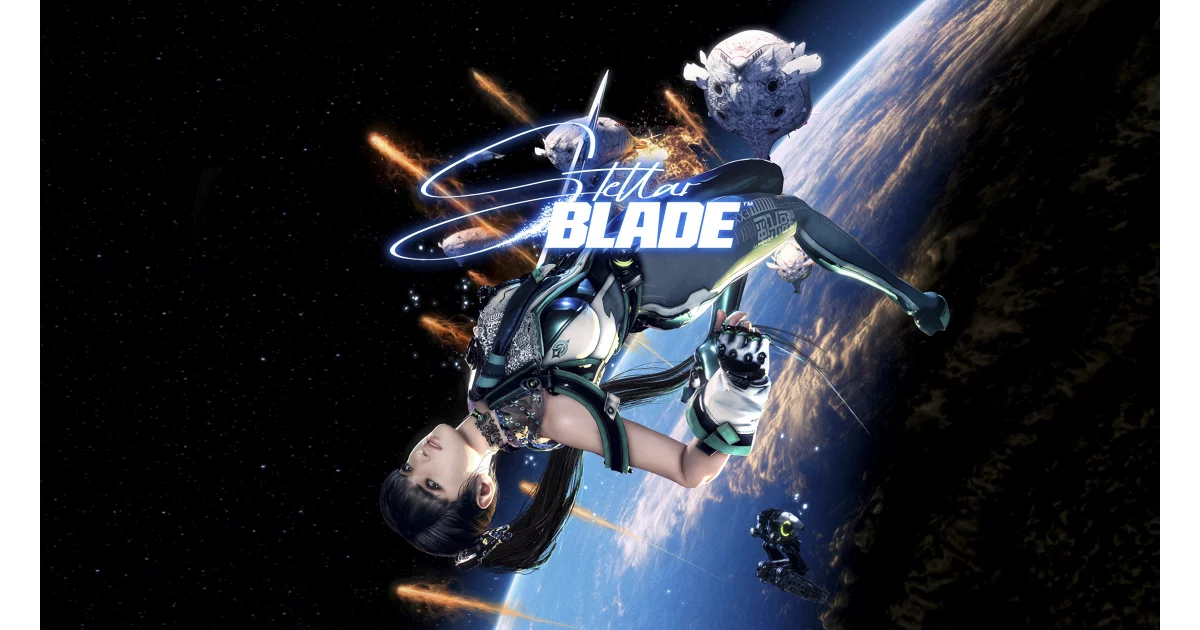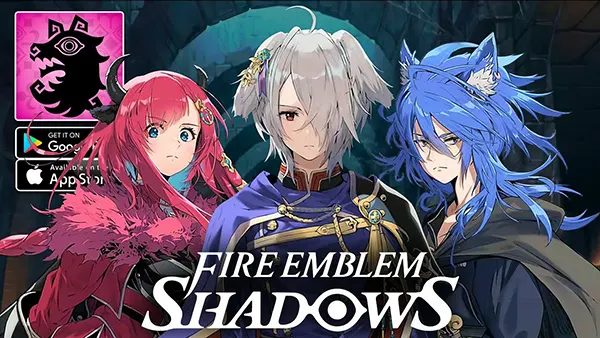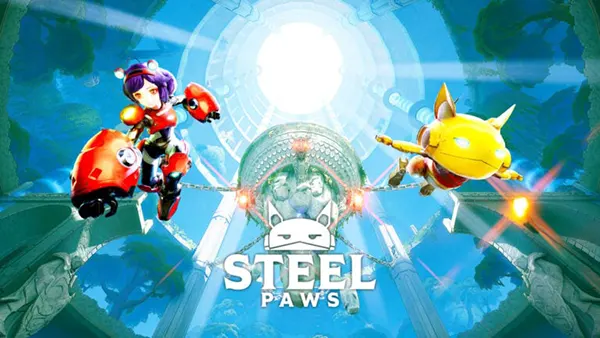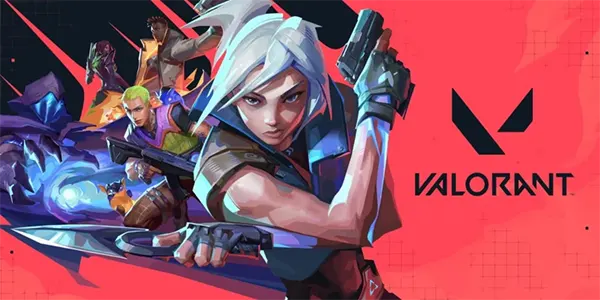Lineage 2 Game Review
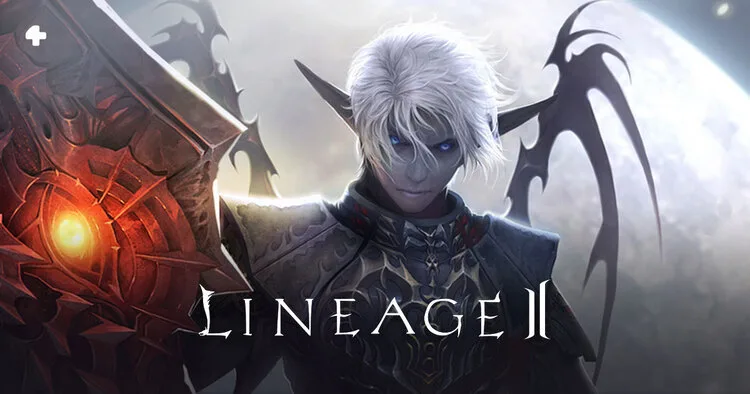
Lineage 2 is a name that resonates with gamers who appreciate massively multiplayer online role-playing games (MMORPGs). Developed by NCSOFT, this game has maintained a strong player base since its initial release in 2003. With its immersive world, complex mechanics, and extensive community features, Lineage 2 offers a rich gaming experience that continues to evolve. In this review, we’ll dive into the various aspects of the game, including gameplay, game modes, social features, economy and trade, and updates and additions.
Gameplay
Lineage 2 stands out for its intricate gameplay mechanics and expansive world. Players start by choosing from a variety of races and classes, each with unique abilities and skill trees. The leveling system is both challenging and rewarding, requiring players to engage in quests, defeat monsters, and participate in large-scale battles. The game’s PvE (Player vs. Environment) and PvP (Player vs. Player) elements are well-balanced, offering a diverse range of activities. Combat in Lineage 2 is strategic, demanding not just quick reflexes but also tactical thinking and cooperation with other players.
Game Modes
One of the defining features of Lineage 2 is its diverse game modes. The traditional questing and dungeon crawling are just the beginning. Players can also engage in epic siege battles, where clans fight for control over castles and territories. The game’s competitive nature is further enhanced by its arena modes and clan wars, which provide additional layers of excitement and challenge. For those looking to unwind, the game offers various mini-games and events that add variety to the standard gameplay loop. For more information, visit the Platin Casino login page.
Social Aspects
Lineage 2’s social system is robust, fostering a strong sense of community among players. Clans and alliances are central to the game’s experience, providing support networks and opportunities for coordinated activities. Players can engage in various social interactions, from in-game marriages to mentor-apprentice relationships, which enhance the collaborative aspect of the game. The in-game communication tools are comprehensive, allowing for seamless interaction between players, whether through chat, voice communication, or messaging systems.
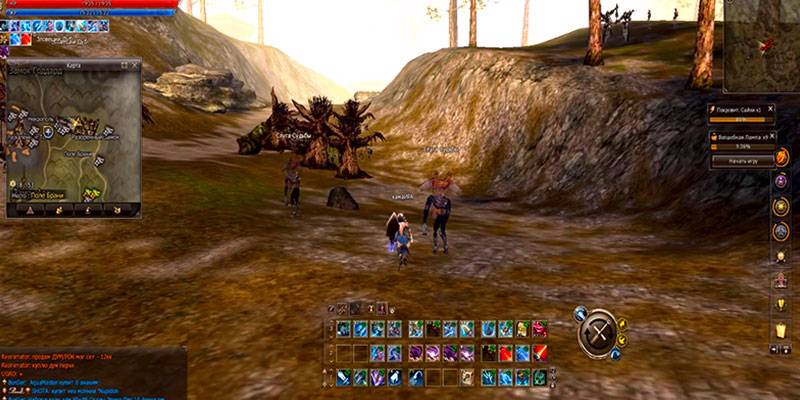
Economy and Trade
The economy in Lineage 2 is intricate and player-driven. Players can engage in various economic activities such as crafting, trading, and marketplace transactions. The game’s currency, Adena, is essential for purchasing equipment, consumables, and other items. Crafting plays a significant role, as players can create valuable items to sell or trade. The player-driven market ensures that supply and demand dynamics are constantly at play, adding a layer of realism and strategy to the game’s economy.
Updates and Additions
NCSOFT has consistently supported Lineage 2 with regular updates and expansions, ensuring the game remains fresh and engaging. These updates often include new content such as classes, races, dungeons, and quests, as well as quality-of-life improvements and balance adjustments. The game’s ability to evolve over time has kept its player base engaged and attracted new players. The developers’ commitment to listening to player feedback and making necessary adjustments is evident in the game’s ongoing success.
Lineage 2 is a testament to what a well-crafted MMORPG can offer. Its deep gameplay mechanics, varied game modes, strong social systems, and dynamic economy create a comprehensive and immersive experience. Continuous updates and a dedicated player community ensure that the game remains relevant and exciting. Whether you are a seasoned MMORPG veteran or a newcomer looking for a rich and engaging online world, Lineage 2 has something to offer. Dive into the world of Aden and experience one of the most enduring MMORPGs in gaming history.

